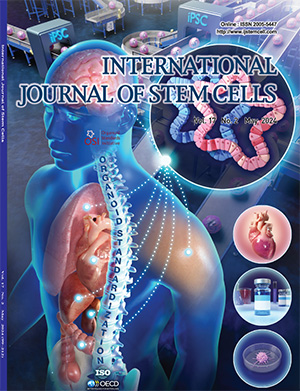
유전성 췌장염 예방을 위한 가이드 RNA 나노입자-마이크로버블 복합체를 통한 초음파 감응형 유전자 편집 전달체 기술 개발
연구책임자 : 서강대학교 김현철 교수
Pancreas serves endocrine and exocrine functions in the body; thus, their pathology can cause a broad range of irreparable consequences.
Endocrine functions include the production of hormones such as insulin and glucagon, while exocrine functions involve the secretion of digestive enzymes.
Disruption of these functions can lead to conditions like diabetes mellitus and exocrine pancreatic insufficiency.
Also, the symptoms and causality of pancreatic cancer very greatly depends on their origin: pancreatic ductal adenocarcinoma is one of the most fatal cancer; however, most of tumor derived from endocrine part of pancreas are benign.
Pancreatitis, an inflammation of the pancreatic tissues, is caused by excessive alcohol consumption, the bile duct obstruction by gallstones, and the premature activation of digestive enzymes in the pancreas.
Hereditary pancreatic diseases, such as maturity-onset diabetes of the young and hereditary pancreatitis, can be a candidate for disease modeling using human pluripotent stem cells (hPSCs), due to their strong genetic influence.
hPSC-derived pancreatic differentiation has been established for cell replacement therapy for diabetic patients and is robustly used for disease modeling.
The disease modeling platform that allows interactions between immune cells and pancreatic cells is necessary to perform in-depth investigation of disease pathogenesis.
International Journal of Stem Cells 2024.04.
https://link.springer.com/article/10.1007/s40005-024-00669-8












